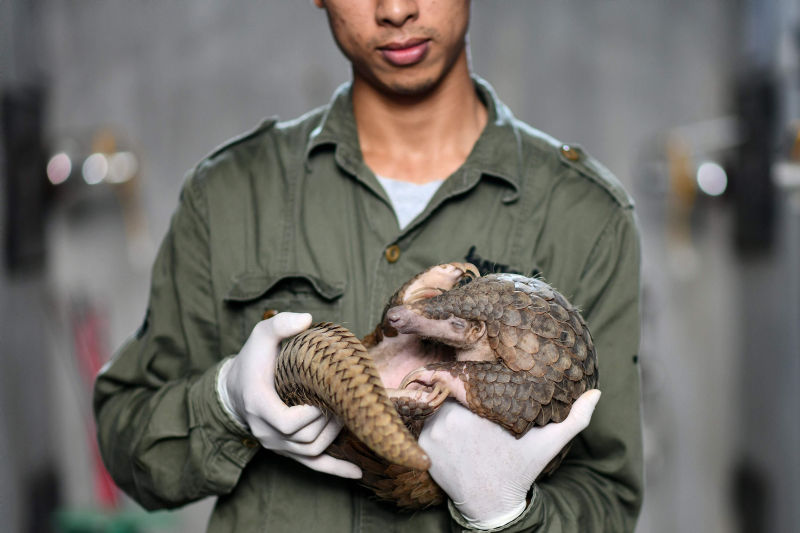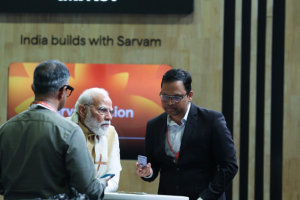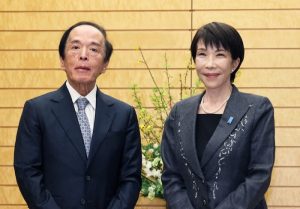Norway’s $1.4 trillion wealth fund has divested from Chinese pharmaceutical firm Yunnan Baiyao , saying the decision was made because the company uses and sells body parts from pangolins, an endangered species.
The Norges Bank Investment Management (NBIM) fund, which is one of the world’s largest investors, follows an ethical mandate set by parliament and is not allowed to invest in companies that produce nuclear weapons, tobacco or cluster munitions, among other things.
The fund held a 0.11% stake in Yunnan Baiyao, worth $23 million at the end of 2020, according to fund data. It did not say when it had made the divestment. The Chinese company was not immediately available for comment.
In October, NBIM said it had decided to exclude four traditional Chinese medicine firms due to concerns about endangered species being used in their products.
The fund also said in a statement that it had put Marfrig Global Foods, one of Brazil’s largest producers of beef, under observation for possible exclusion from its investments for contributing to “severe environmental damage”.
Marfrig said it recognises the challenge of protecting the environment in Brazil and plans to track all suppliers in the Amazon – including indirect sellers – by 2025 to ensure its products are deforestation free.
- Reuters with additional editing by George Russell
READ MORE:
Norway fund drops Israel companies over West Bank crisis
Norway wealth fund blacklists global resources, energy giants
Chinese traditional medicine prices soar
























